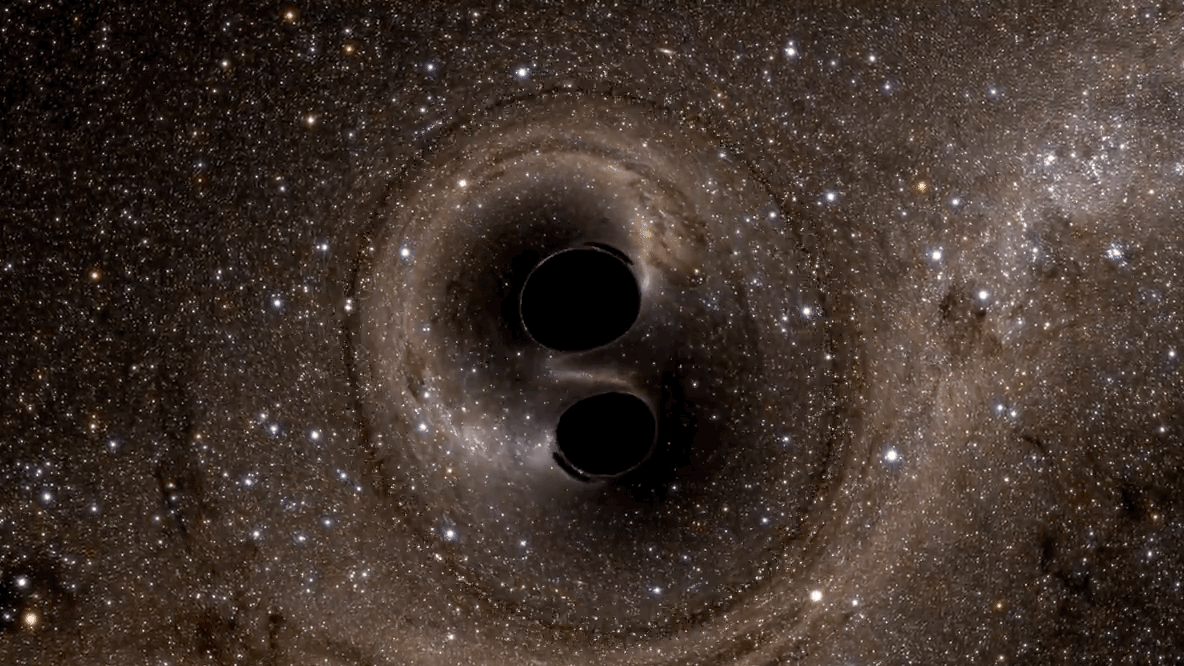October’s Night Sky Notes: Let’s Go, LIGO! NASA Science (.gov) Black hole discovery confirms Einstein and Hawking were right ScienceDaily Einstein Was Right Again: Ripples in Space-Time Confirm Century-Old Theory SciTechDaily 09-26-25 *INTERVIEW* Merging Black Holes with CU Physics Professor Paul Beale – The Ross Kaminsky Show iHeart A Black Hole Merger’s “Kick” Was Measured For The First Time Universe Today Source link
Read More »Tag Archives: LIGO
LIGO, facing threats of closure, more than doubles its black hole haul
Sign up for the Starts With a Bang newsletter Travel the universe with Dr. Ethan Siegel as he answers the biggest questions of all. It’s amazing how far we’ve come, scientifically, in the span of only ten years. Back in 2015, humanity didn’t know whether a core prediction of Einstein’s General Relativity — the existence of energy-carrying gravitational waves — …
Read More »LIGO Detects Black Hole Smashup So Extreme It’s Bending Einstein’s Rules – SciTechDaily
LIGO Detects Black Hole Smashup So Extreme It’s Bending Einstein’s Rules SciTechDaily Heaviest Black Hole Merger Flouts a Forbidden Gap American Physical Society Astronomers detect most massive black hole collision to date CNN Scientists Found a Black Hole That Shouldn’t Exist. Now Physics Has a Problem. Popular Mechanics Physicists detect largest-ever merger of 2 black holes equal in size to 240 suns USA Today Source …
Read More »LIGO Detects Most Massive Black Hole Merger to Date
The LIGO-Virgo-KAGRA (LVK) Collaboration has detected the merger of the most massive black holes ever observed with gravitational waves using the US National Science Foundation (NSF)-funded LIGO observatories. The powerful merger produced a final black hole approximately 225 times the mass of our Sun. The signal, designated GW231123, was detected during the fourth observing run of the LVK network on …
Read More »
